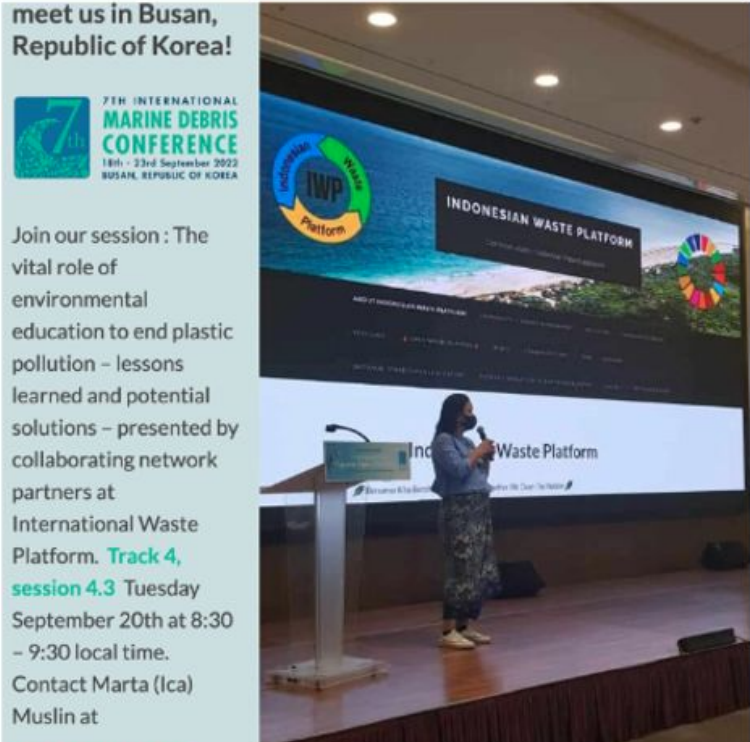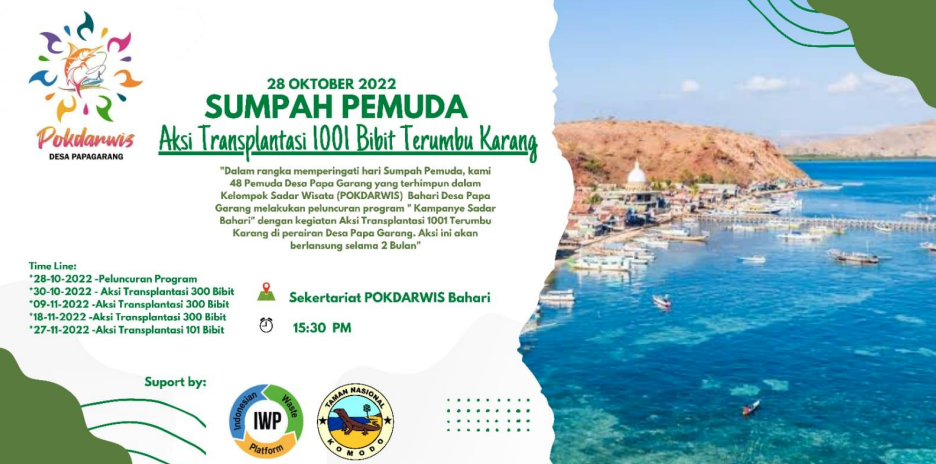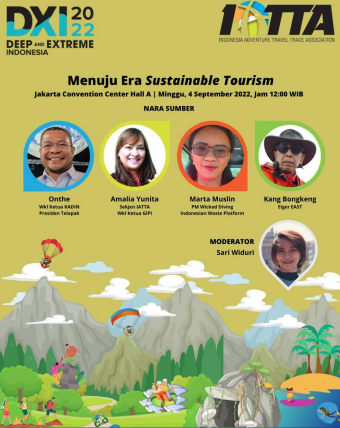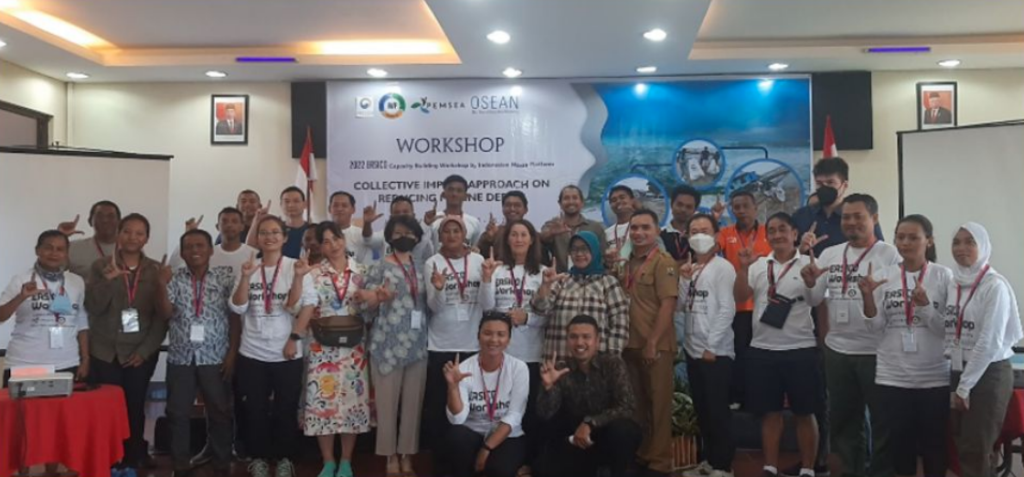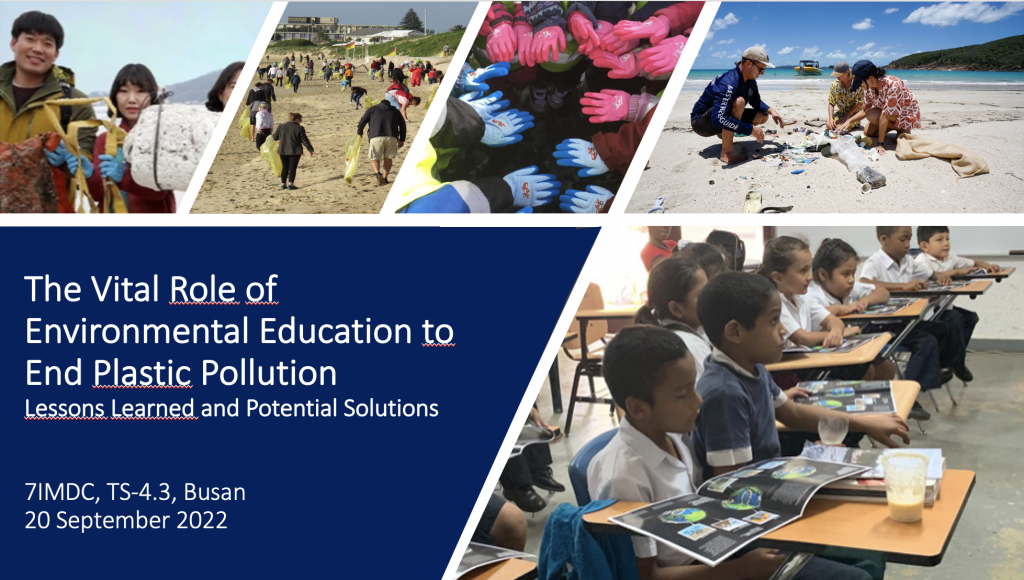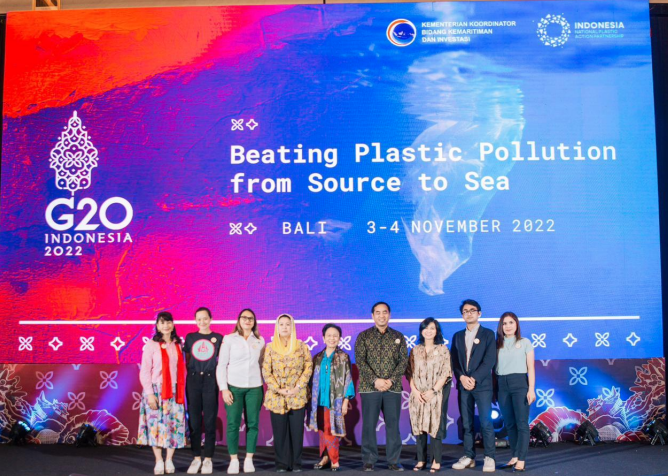It is fundamentally important that children – from a young age onwards – have access to environmental education and learn about the human footprint on planet Earth and the limits of the Earth systems to provide a stable climate, allowing all life on earth to thrive.
This includes raising awareness about the fact that human activity must not further harm the Earth system (geosphere, biosphere, cryosphere, hydrosphere, and atmosphere).
It is equally important to empower educators.
We incorporate climate & waste literacy in all we do. We offer in-person and virtual capacity building events. Topics covered: the principles of 5R – alternatives for single-use – types of waste – waste segregation – the impact of open burning of waste – the impact of litter on ecosystems, biodiversity, economy and health – theIndonesian National Action Plan – Indonesian waste legislation – and the multiple links between the climate and the plastic crisis.
Planetary boundaries are a framework to describe limits to the impacts of human activities on the Earth system. Beyond these limits, the environment may not be able to self-regulate anymore. This would mean the Earth system would leave the period of stability of the Holocene, in which human society could develop under favourable stable conditions.
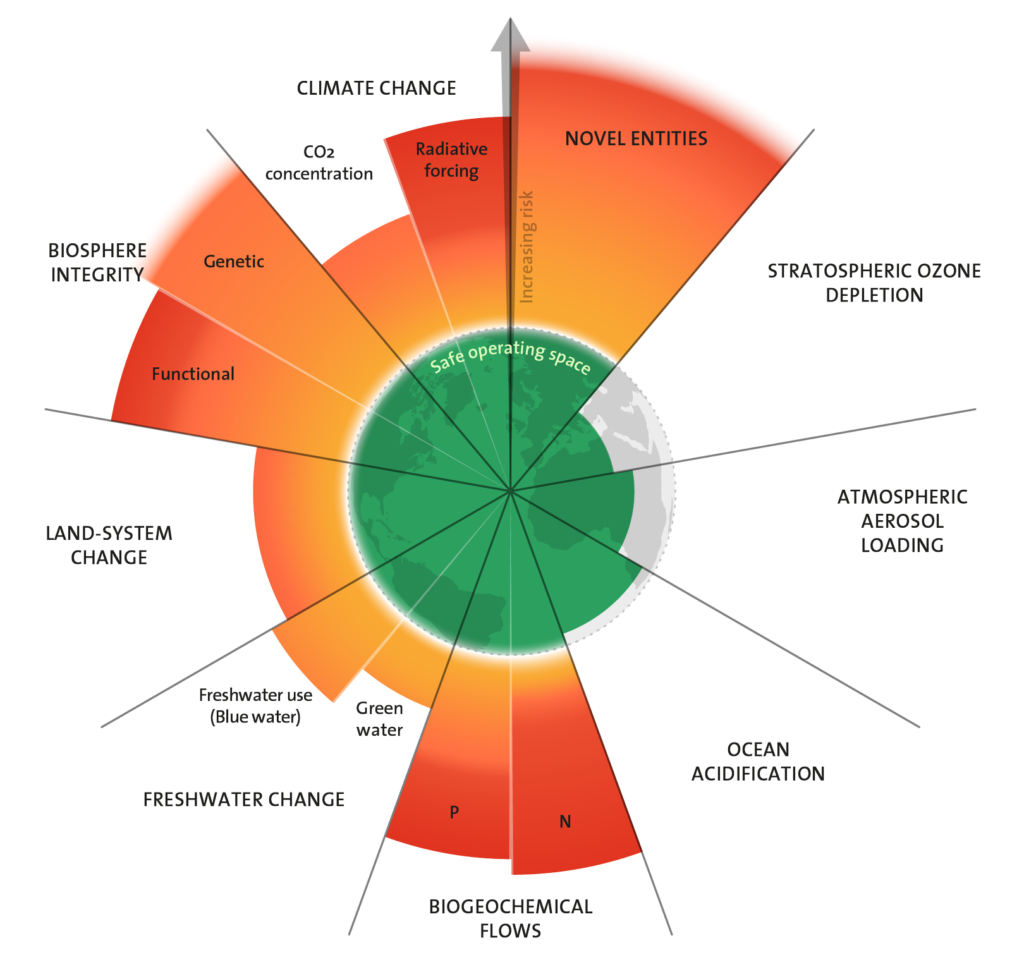
With this in mind we educate stakeholders (school teachers, student leaders, religious leaders, community leaders, business community). This includes advancing citizen science.
Stakeholder engagement & collaborations

We participate in national and international conferences
